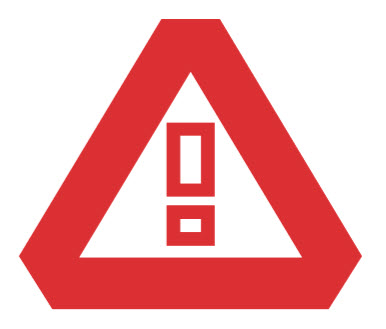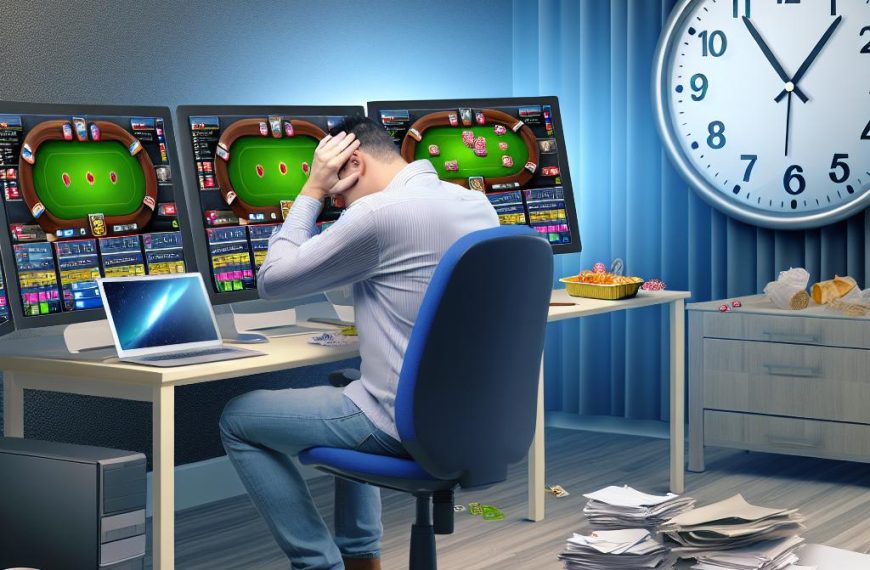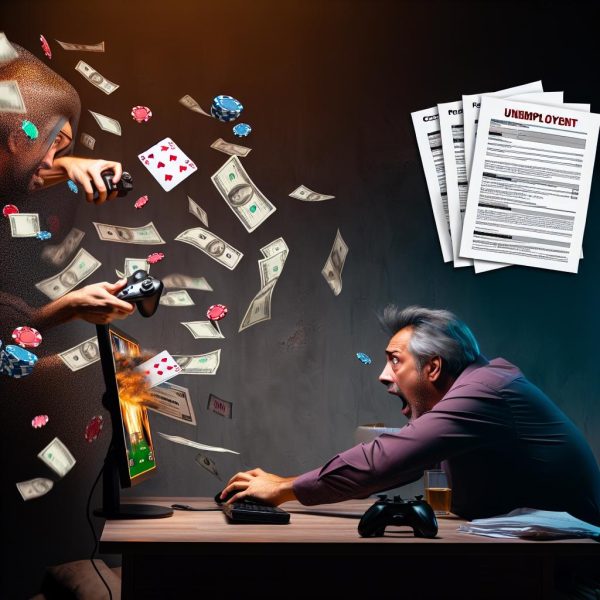Latest Articles About Problem Gambling
Information about Compulsive Gambling
Warning signs

Here are some warning signs that should be ignored, since they can indicate a gambling problem.
- Having trouble limiting your gambling when it comes to factors such as time, money or energy.
- Feeling an urge to be secretive about your gambling.
- Losing money you can’t afford to lose.
- Neglecting other important aspects of your life to spend time gambling.
- People around you – such as family, friends or workmates – express concern about your gambling.
- You feel anxious when you think about quitting.
Read more about warning signs.
Emotional symptoms of problematic gambling
Problematic gambling is often linked to emotional symptoms, such as:
- Anxiety
- Depression
- Sleep issues
- Suicidal thoughts
The chicken or the egg?
In some individuals, one or more of these emotional symptoms already existed before the problematic gambling developed, and are now being exaggerated by the effects of the gambling. In individuals suffering from anxiety, depression, sleep issues or suicidal thoughts, gambling can be a way of trying to escape from these problems. Simply trying to treat problem gambling may therefore not be enough; the underlying causes need to be addressed as well.
Read more about how to change your habits to battle problem gambling and other problems.
Increased risk of developing additional problems
The stress and anxiety associated with problematic gambling can increase an individual’s risk of developing a destructive relationship with various types of stress release, such as food, alcohol, tobacco and mood-altering drugs (including certain prescription drugs).
The vicious trap of chasing losses

A very common aspect of problematic gambling is to chase losses. People with a healthy relationship with gambling can usually suck it up and accept reality when they lose and simply leave the blackjack table, stop feeding the slot machine or not buy any more scratch cards.
In an individual with a gambling addiction or similar, it is instead very common to continue to gamble – thinking that the next big win will solve everything. This can easily lead to a vicious cycle, where the losses grow bigger and bigger. Now, the individual is not just gambling in an effort to recoupe losses, but also to avoid having to feel the anxiety and shame associated with having lost so much money.
Chasing losses often lead to financial ruin, since it is very tempting for the individual to borrow money to gamble. It can even put the individual at risk of physical harm if they borrow money from criminals who don’t shy away from using physical force to get their money back.
You can reduce the risk of falling in this trap by opening an account in a casino that allows you to limit how much money you can deposit each month and that will honor that limit. Find honest casinos and their latest bonuses. You can read more about how to gamble safely here.
You can also reduce this risk by considering the money lost the moment you deposit the money to your casino account. Consider the money you deposit to be a entertainment expense. The odds are always in favor of the online casino and it is good to assume that you are going to lose the money you deposit. That way you do not expect to win, are less likely to feel that you can win back the money you lost and if you win then that is a pleasant surprise. Not the expected outcome. This allows you to appreciate the win even more.
Seeking an emotional high
Gambling can bring on strong positive feelings, and some individuals develop a gambling problem chasing these emotional highs. Just as with many medical drugs, larger and larger “doses” may be required to experience the same excitement, enticing the gambler to take larger and larger risks.
Medication
While problematic gambling can not be directly treated with medicine, there are situations where medicines can be helpful in the battle against gambling addiction.
- If an illness such as depression or pathological anxiety is un underlying cause for the problematic gambling, treating the underlying illness with a combination of medicine and therapy can make it easier to break the gambling cycle.
- If an individual is gambling to achieve a short-term reprieve from anxiety, anti-anxiety medication can help on the road to recovery. This is true even if the anxiety wasn’t there prior to the gambling addiction.




